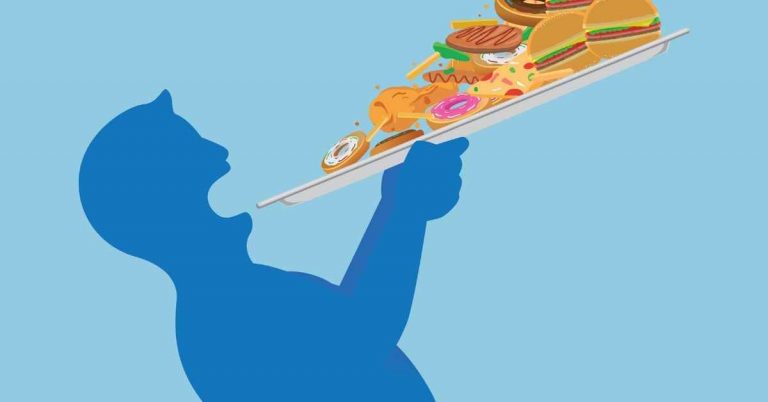Do You Live With A Person Who Overeats
Living with a person who overeats can be frustrating for a multitude of reasons. Someone addicted to food is causing harm to his (or her) body, and watching someone be self-destructive harms you and your relationship. There is plenty of information out there for a person who overeats, but what about a solution for the people who care about an overeater?
What is an overeater
An overeater compulsively eats. VeryWellHealth explains this in a pretty simplistic way: “Overeating is having too much food at once, and almost everyone has done this at some point. However, compulsive overeating is an eating disorder that has similarities with binge eating.” They are eating to fill a void. There are many resources available to someone who is struggling with an addiction to food. Overeaters Anonymous is a 12-step program dedicated to offer support and a solution for those who compulsively eat. There is also a wide range of professional help available to someone who is ready to get help.
Living With A Person Who Overeats
It is important to know that living with someone who overeats can also put you at risk for overeating. It’s easy to fall into habits people in our lives. Indulging in unhealthy foods in the house are an obstacle as well as continuously eating out of your personal routine. Therefore, it is difficult to manage your weight when others aren’t being mindful of theirs. Remember, being overweight runs in families. On the flipside, watching someone overeat can cause you to restrict food. It works both ways.
When someone gets validation through food, it is also hard to not enable overeating because you know it makes them feel good. Bringing home a favorite snack or ordering food from their favorite restaurant can do more harm in the long run than good.
How Not To Help A Loved One With A Food Addiction
Trying to help the person who overeats can backfire. Remember, their journey is their journey no matter how self-destructive it may be. If they are not ready to accept help, trying to help them will weigh on your relationship. Another popular misconstrued action to help is encouraging a stronger willpower. A person who overeats is suffering from an addiction — like to drugs, alcohol, sex, and shopping. The eating is merely a symptom of the disease; therefore, one cannot use willpower to change their compulsion.
How to take care of yourself while living with an overeater
- Educate yourself. It is important to educate yourself about overeating and the basics of recovery. Then, when your loved one is ready to accept help, you will be armed with the tools to assist them in their recovery journey.
- Avoid talking about diet. Talk about body image and food will often backfire. The person who overeats can confuse help with criticism and shut down. Even if it feels like you’re helping, the action can actually trigger the compulsion to eat. It is suggested to focus conversation on other things like hobbies and ideas.
- Implement healthy boundaries. This is something you can do with your loved one if you feel comfortable or with a professional. A certain amount of time and space can help both parties get their needs met. Use your time for self care and enriching activities independent of the person your life with. This will help deter from falling into enmeshment. Seeking professional help for yourself may be helpful as well.
- Steer clear from enabling. Do not try to solve the person’s problems and avoid trying to rescue them. Enabling an overeat could prevent them from getting the help that they need. It is important to detach with love and accept that you cannot fix them.
- Use validation. It is important to avoid using shameful language and try to build the person up. Validating doesn’t mean you have to agree with their actions; however, communicating support will allow them to feel loved.
Many people struggle with and can overcome overeating. Living with a person who overeats can be hard to watch someone suffer. If you can practice the tips above, you have the opportunity to make a difference for yourself as well as your suffering loved one.





















